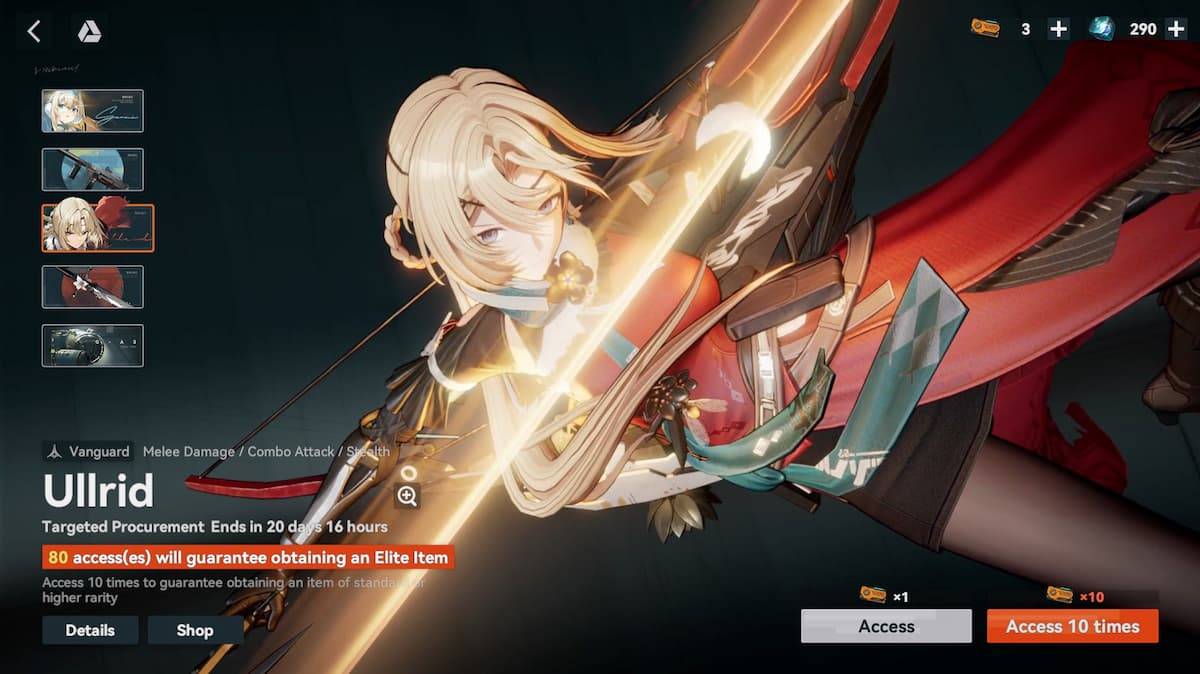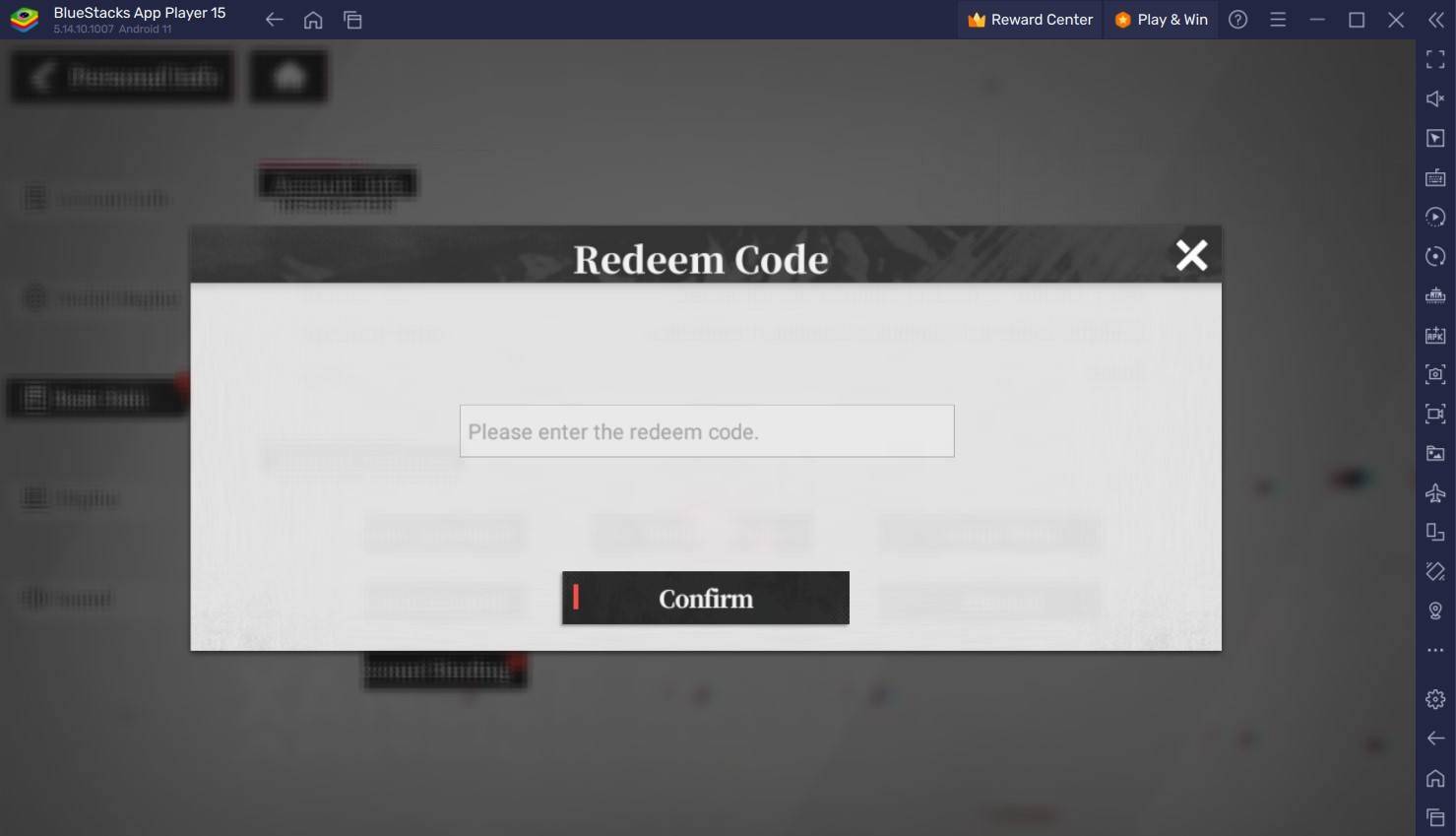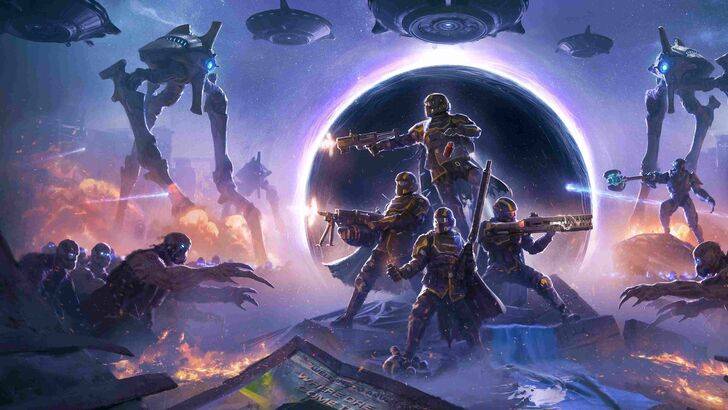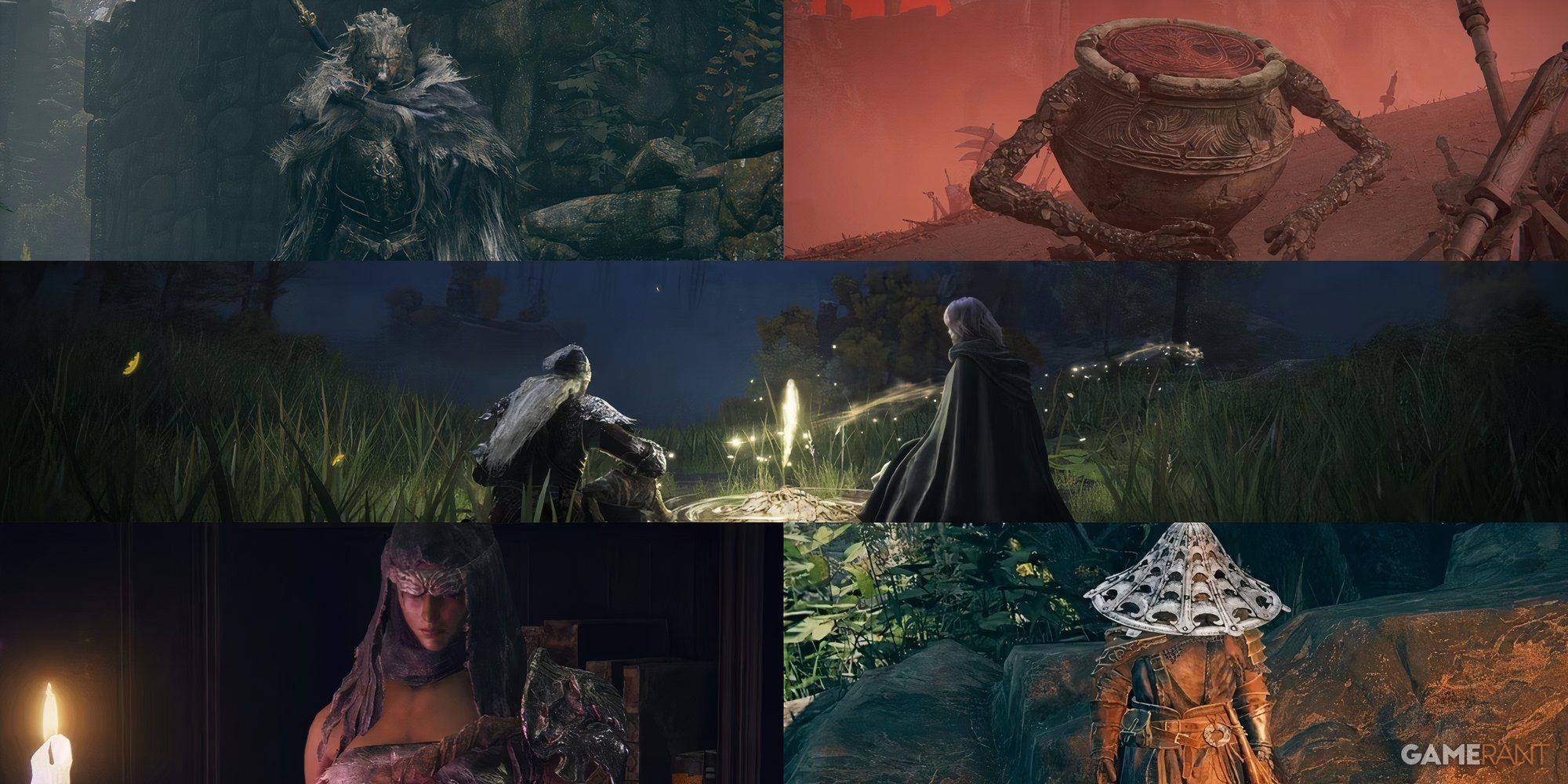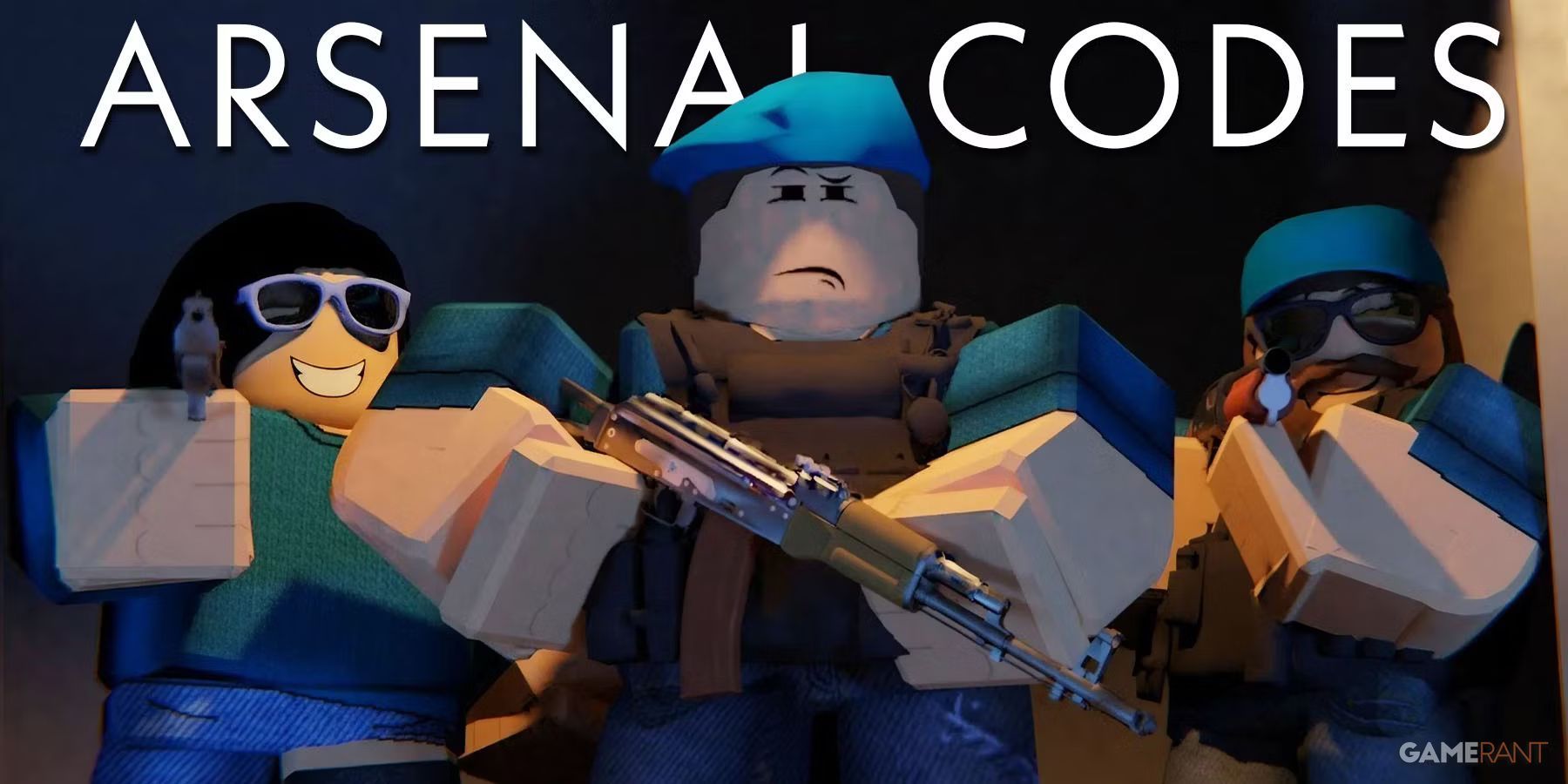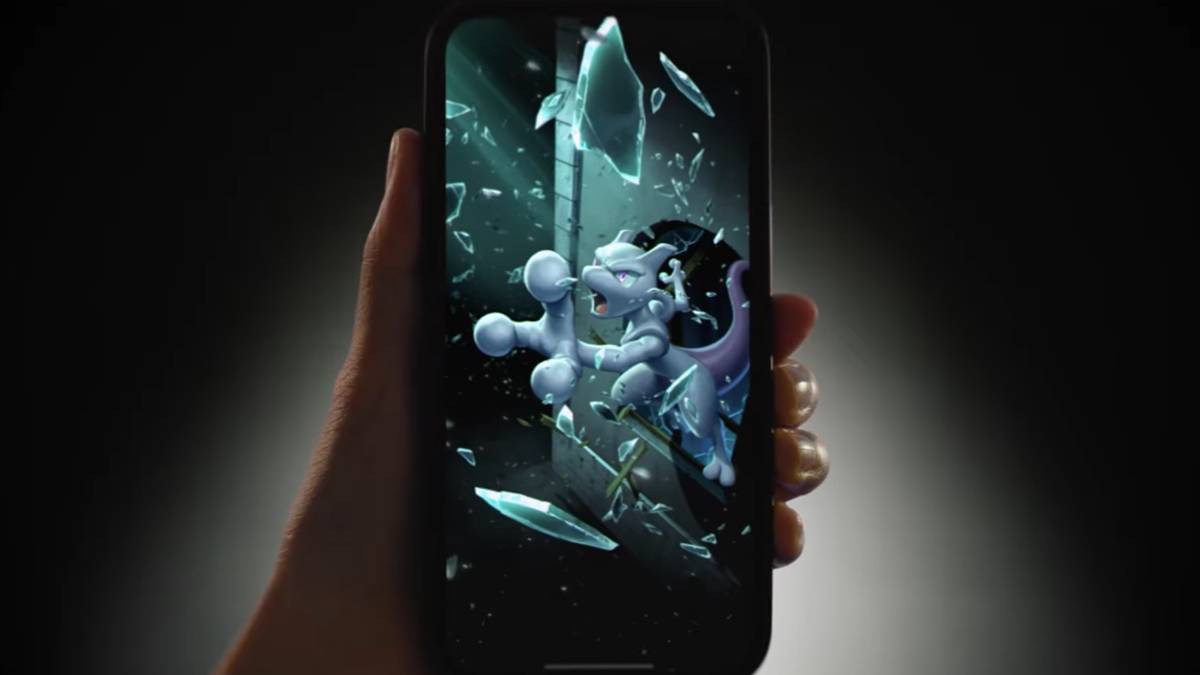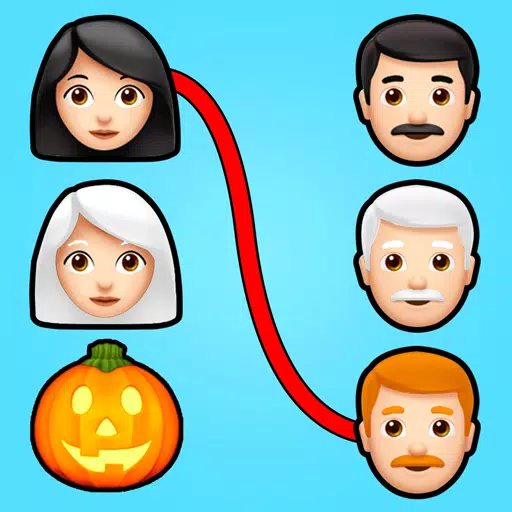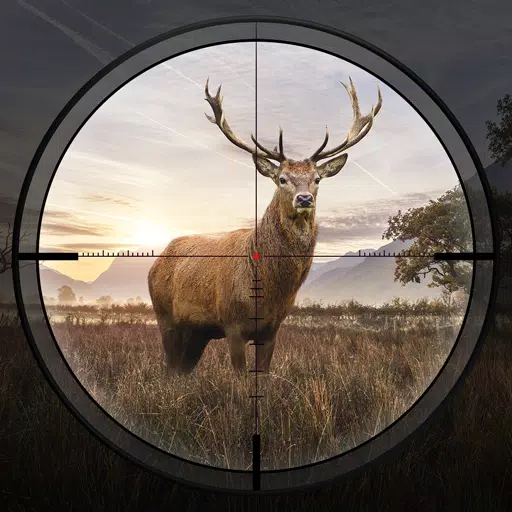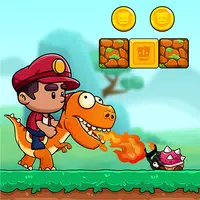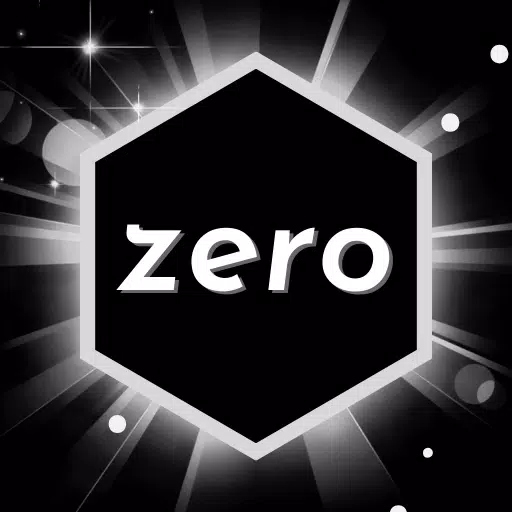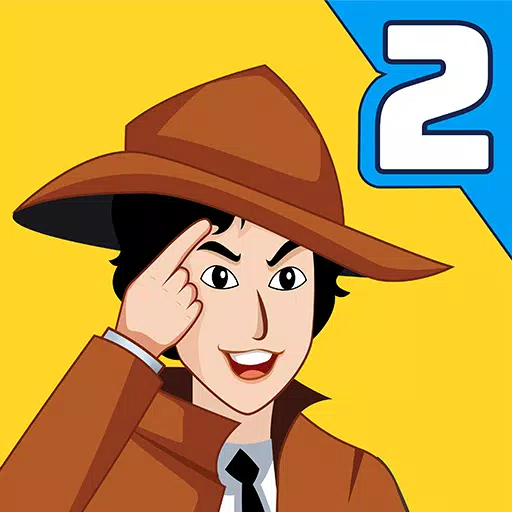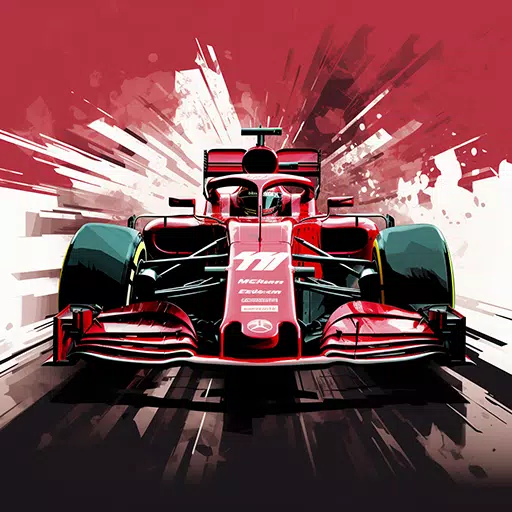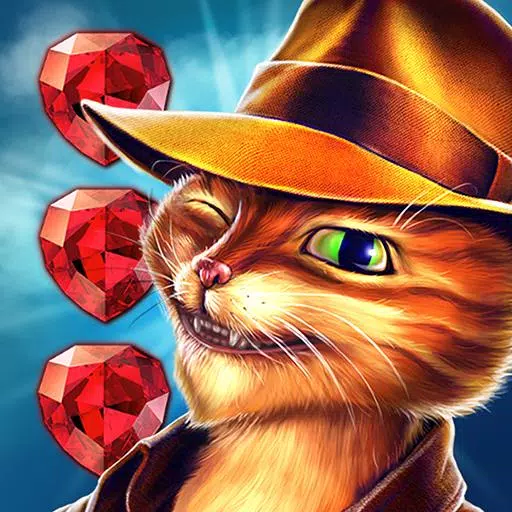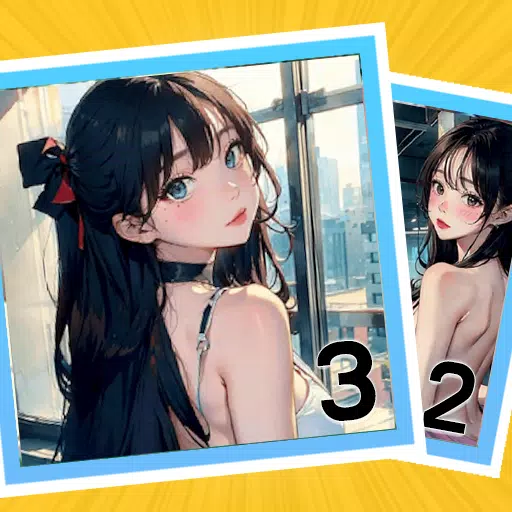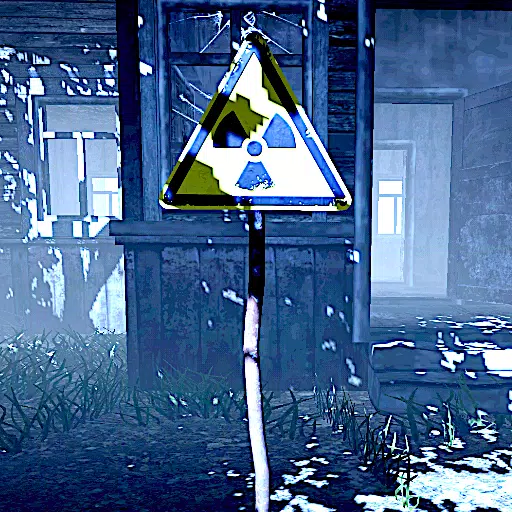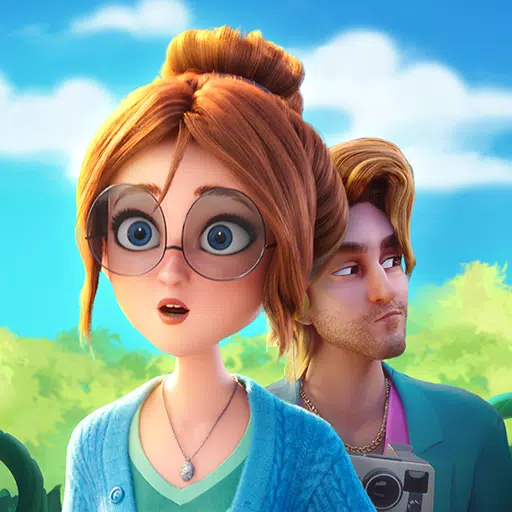"Ōkami 2 Sequel: Capcom and Kamiya's Exclusive Interview"
Twenty years after the release of the original Ōkami, the revered deity Amaterasu, the embodiment of all that is good and the nurturing mother to all, is poised to make a spectacular and unexpected return. Announced at last year's Game Awards, a sequel to the beloved game is now in development. Hideki Kamiya, who recently parted ways with Platinum Games, has established his new studio, Clovers, and taken the directorial reins. This endeavor is sanctioned by IP owner Capcom, which will serve as the publisher, and is supported by Machine Head Works, a studio composed of Capcom veterans that contributed to the Ōkami HD remake and other recent Capcom titles. The collaboration promises an all-star team blending seasoned developers from the original Ōkami with fresh talent, all dedicated to realizing their shared vision.
While the teaser trailer stirred emotions and showcased the names behind the project, specifics about the sequel remain scarce. Questions linger: Is it a direct follow-up, or something different? Who initiated this revival, and how did it come to fruition after so many years? Was the wolf in the trailer truly Amaterasu, or a mere lookalike?
To shed some light on these mysteries, IGN recently sat down with director Hideki Kamiya, Capcom producer Yoshiaki Hirabayashi, and Machine Head Works producer Kiyohiko Sakata at their base in Osaka, Japan. In a comprehensive two-hour interview, they discussed the Ōkami sequel, their collaborative efforts, and the ethos driving their respective studios.
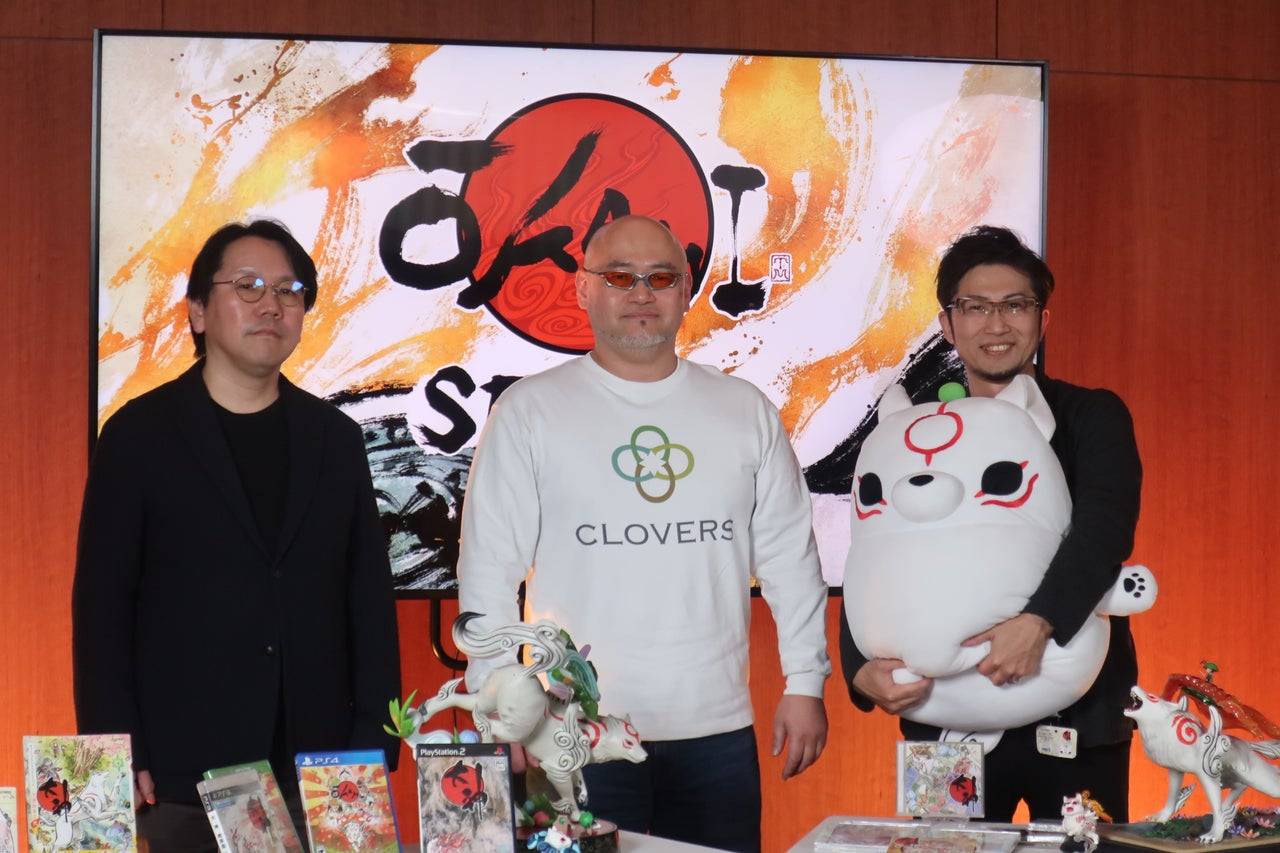
Full Q&A
IGN: Kamiya-san, you've talked before about why you left PlatinumGames. You said you were feeling it was going in a different direction from your beliefs as a developer. And you said you wanted to make games that only Hideki Kamiya could make. What beliefs about developing games are important to you and how do you expect them to shape Clovers'?
Hideki Kamiya: It’s a tricky question. In September 2023, I announced my departure from PlatinumGames after about 16 years. The primary reason was that, while at Platinum, I wanted to continue, but I felt the company was moving in a direction that diverged from my vision. I can't go into details, but I believe that the personality of game creators significantly impacts the user experience. My aim was to foster a development environment that aligns with my creative goals, which led to the creation of Clovers after leaving Platinum.
IGN: What defines a Hideki Kamiya game? If I didn't know you had developed something, how would I look at that game and say, "Ah yes, Hideki Kamiya made this?"
Kamiya: A Hideki Kamiya game doesn't need to explicitly convey 'this is a Kamiya game.' My focus is on crafting a unique experience that users haven't felt before. I strive to deliver a distinct way of enjoying the game, which is central to my development process.
IGN: What is the connection between Clovers and Clover Studio, if any? Does the clover, the plant, have a special meaning to you?
Kamiya: The name Clovers continues the legacy of Clover Studio, where I took pride in my work. Clover represented the fourth division of development under Capcom, symbolized by the four-leaf clover. The name also plays on 'C-lover,' where 'C' stands for creativity, which is cherished at Clovers.
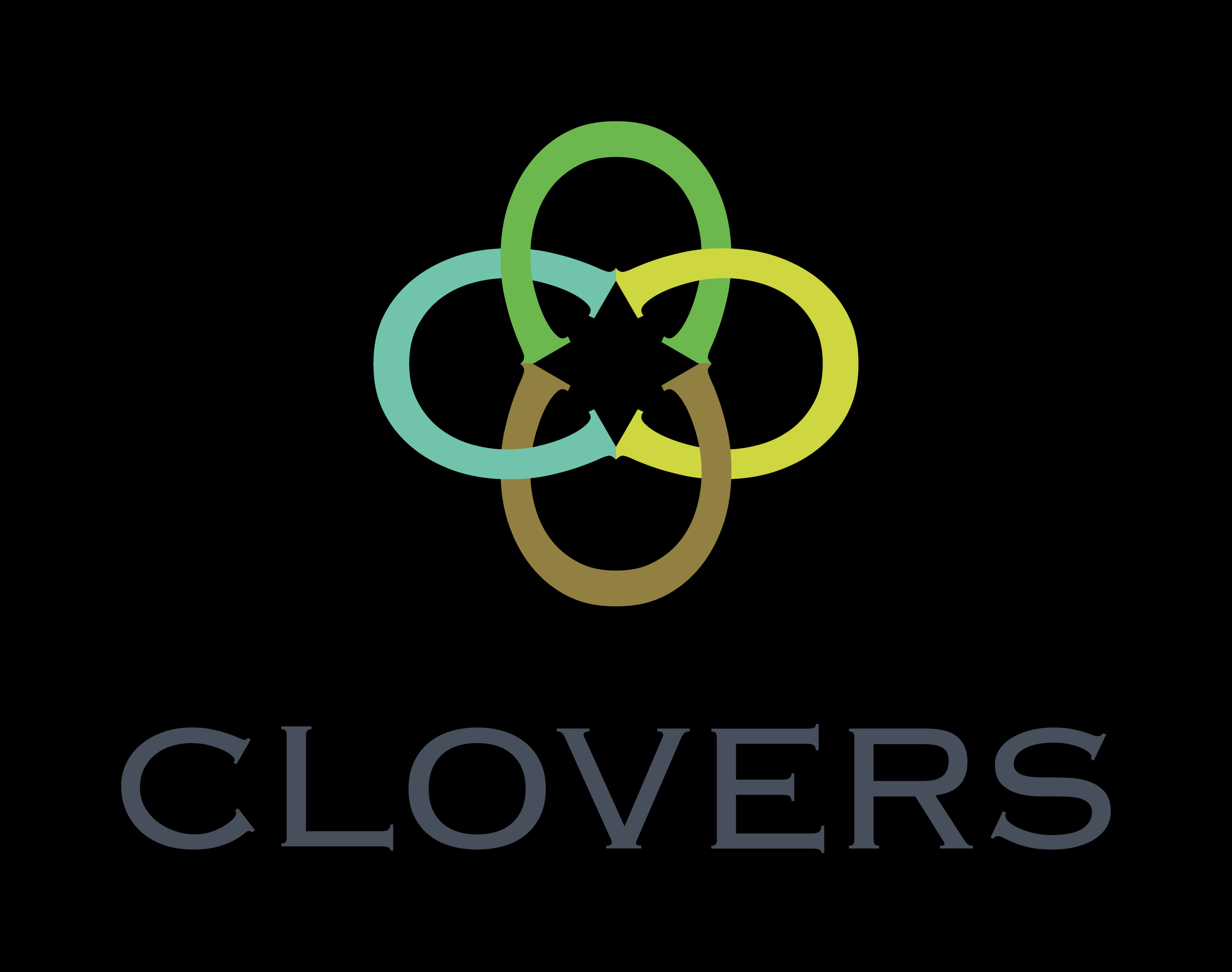
IGN: Obviously Capcom is very heavily involved in this. But it sounds like you were thinking about a close relationship with Capcom, maybe even before Ōkami came into the picture when you were first starting Clovers. Is the idea behind the studio Clovers that you will keep that very close relationship with Capcom?
Yoshiaki Hirabayashi: From Capcom's perspective, we always wanted to create an Ōkami sequel. Kamiya, the original director, leaving his previous company sparked our discussions. We've always loved the Ōkami IP and wanted to see it continue.
IGN: Tell me the story of how this came about. Why Ōkami? Why now? How did this pitch happen? Who convinced who?
Hirabayashi: Capcom was always looking for the right opportunity to create a new Ōkami. We needed key people in place, and when Kamiya left Platinum, the timing felt right.
Kamiya: I've always wanted to complete the Ōkami story, which felt unfinished. Even while at Platinum, I often discussed this with friends, particularly with [Capcom producer Jun] Takeuchi. Leaving Platinum allowed me to pursue this dream.
Kiyohiko Sakata: As someone from Clover Studio, Ōkami was a crucial IP for us. This project felt like the perfect timing for all the right reasons.
IGN: I think that maybe a lot of our readers aren't as familiar with Machine Head Works. So would you be willing to introduce it a little bit and tell people about what it is, and what you do, and how you're involved?
Sakata: Machine Head Works is a recently established company, originating from Capcom's Division Four, the same roots as Kamiya. We act as a bridge between Clovers and Capcom, bringing our experience in working with Capcom on previous titles and our familiarity with the RE Engine, which Clovers' developers are new to.
Hirabayashi: Machine Head Works helped with the PS4, Xbox One, and Switch ports of Ōkami and recent titles like Resident Evil 3 and 4, using the RE Engine.
IGN: Why RE Engine? Are there things that you can do with that that will be specifically helpful to the kinds of things you want to do with the Ōkami sequel?
Hirabayashi: Yes. Though we can't go into details yet, RE Engine is essential to realizing Kamiya-san's artistic vision for this project.
Kamiya: RE Engine is renowned for its expressive capabilities, and we believe it will meet the high-quality expectations for this game.
IGN: I want to go back to something you said earlier. You said that Capcom has wanted to do an Ōkami sequel for a very long time. I think some people might actually find that surprising because it seems that people generally understand that at the time that Ōkami came out it was seen as maybe not doing as well commercially as you might've wanted it to. And so, I'm curious why Ōkami has always been so special and has been something that Capcom has been thinking about for this long?
Hirabayashi: Ōkami has a dedicated fanbase within Capcom. Despite its initial commercial performance, it's listed as one of our million-selling titles. We believe there's a strong demand for a sequel.
Kamiya: Initially, we thought Ōkami might not reach a broad audience. Over the years, however, we've seen its popularity grow through various releases and social media feedback. The reaction at The Game Awards and online has been overwhelming, and it's clear that fans are eagerly awaiting this sequel.
IGN: You've really assembled what seems to be quite the dream team here of people who just have the perfect set of skills and familiarity to work on this game, specifically. Are there plans to get any of the other former Clover people involved? I read recently, Kamiya-san, there was a former Platinum directors' drinking party of some sort? I don't know, were you planning on getting people like [Shinji] Mikami, or [Abebe] Tinari, or [Takahisa] Taura, or any of those people involved in this?
Kamiya: Several people involved with the original Ōkami are now part of the sequel through Machine Head Works. We're not naming them yet, but the current team is more powerful than the original. We've gathered skilled individuals, including those who've recently left Platinum.
IGN: Kamiya-san, you said something about that in that interview you did with Ikumi Nakamura about wishing you had had a stronger team the first time around. It sounds like you've addressed that.
Kamiya: Yes, I mentioned a few points where we could have done better with the original team. While development never goes exactly as planned, having a stronger team now increases our chances of success.
Hirabayashi: There are three routes you can choose to enter this project. Feel free to pick one of the three routes.
IGN: Did any of you replay the first Ōkami sometime recently around the announcement?
Hirabayashi: I haven't had time to play it recently, but I reviewed the DVD that came with the artbooks, which included cut scenes.
Kamiya: I didn't know about that DVD.
Sakata: My daughter played the Switch version recently. She's in elementary school and typically struggles with older game formats, but Ōkami's guidance helped her enjoy it.
Hirabayashi: My daughter played the Switch version too. She referred to it as the 'flower blooming game,' which highlights its appeal to both young and older players.
IGN: Well, you two have sort of already answered my next question, but if you want to add anything, please do. I was going to ask you all, looking back on the original, what are you most proud of? What do you think stands out as something that the first Ōkami did really well that you want to do really well again in a sequel?
Kamiya: My hometown in Nagano Prefecture inspired the original Ōkami. The game's story, with its balance of beauty and evil, is something I want to explore further in the sequel. It's a story that resonates with players of all ages.
IGN: I have a bit of a silly question. Can I show you a picture? Do any of you know the story behind this?
[They all declined to comment]
IGN: Since you made the first Ōkami, what do you feel has changed about game development and technology that is going to influence how you approach the sequel?
Sakata: The original Ōkami aimed for a soft, hand-drawn style, which was challenging with PS2 hardware. Today's technology, including the RE Engine, allows us to achieve and even surpass what we envisioned back then.
Ōkami 2 Game Awards Teaser Screenshots
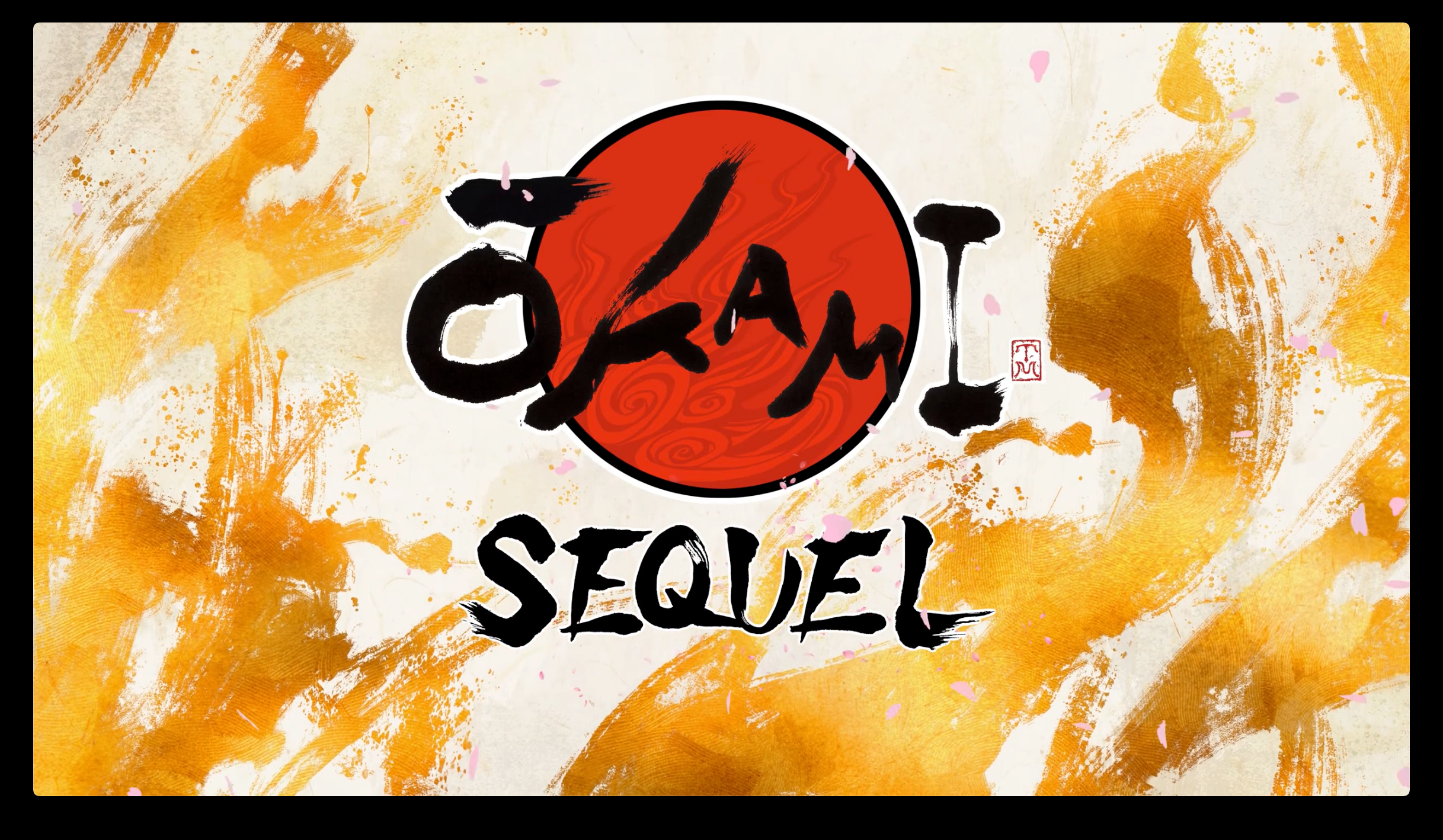
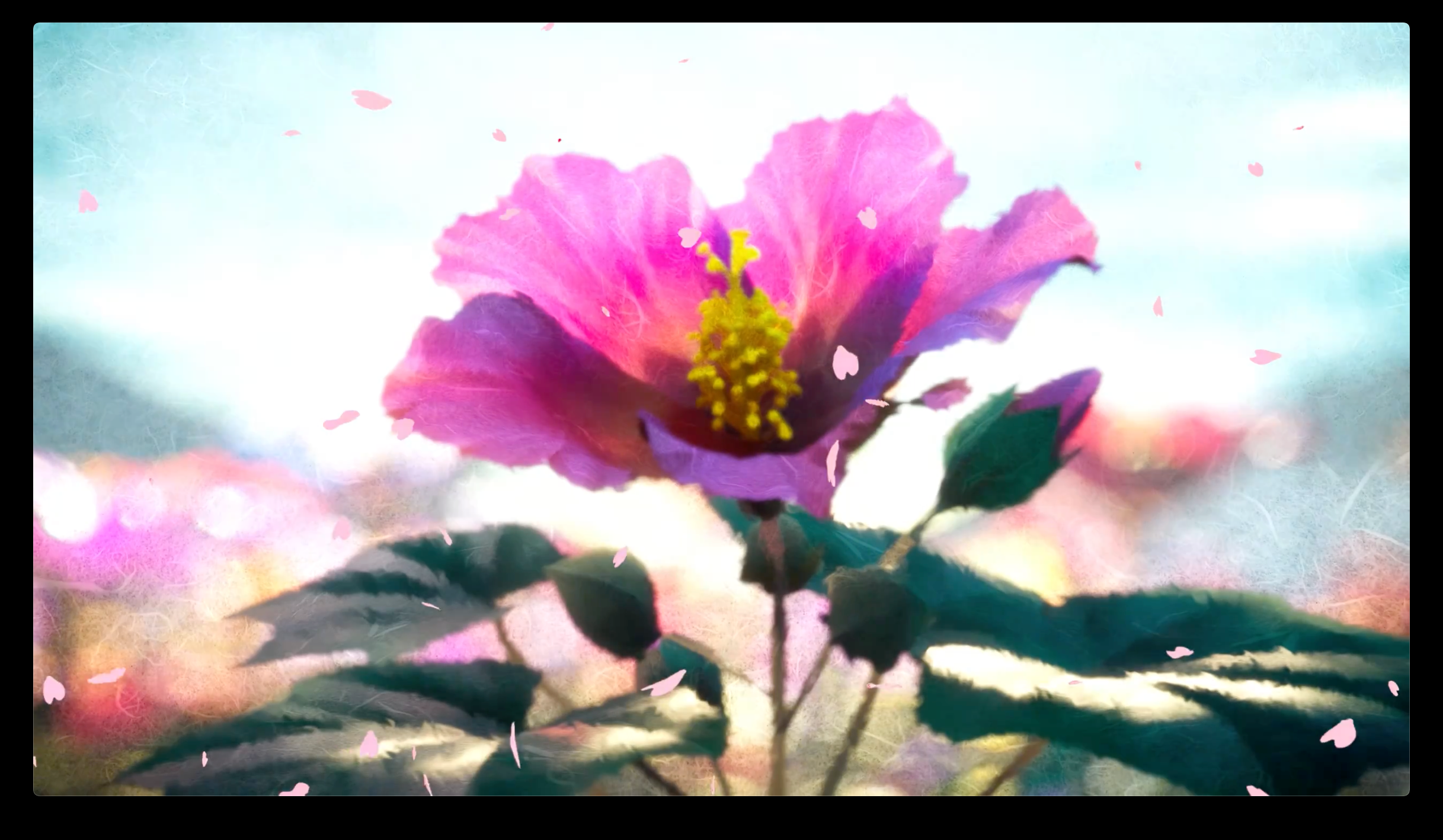
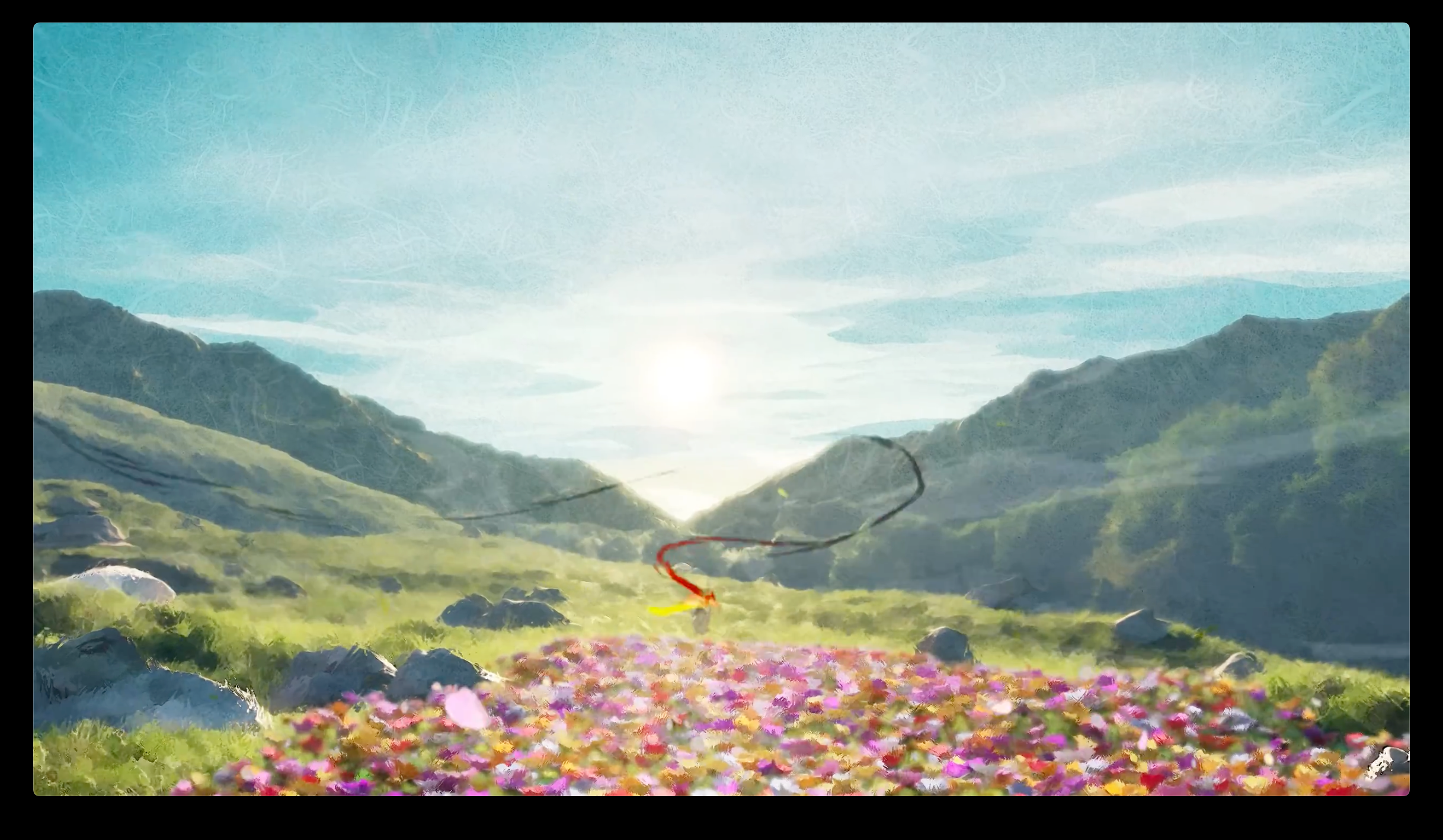
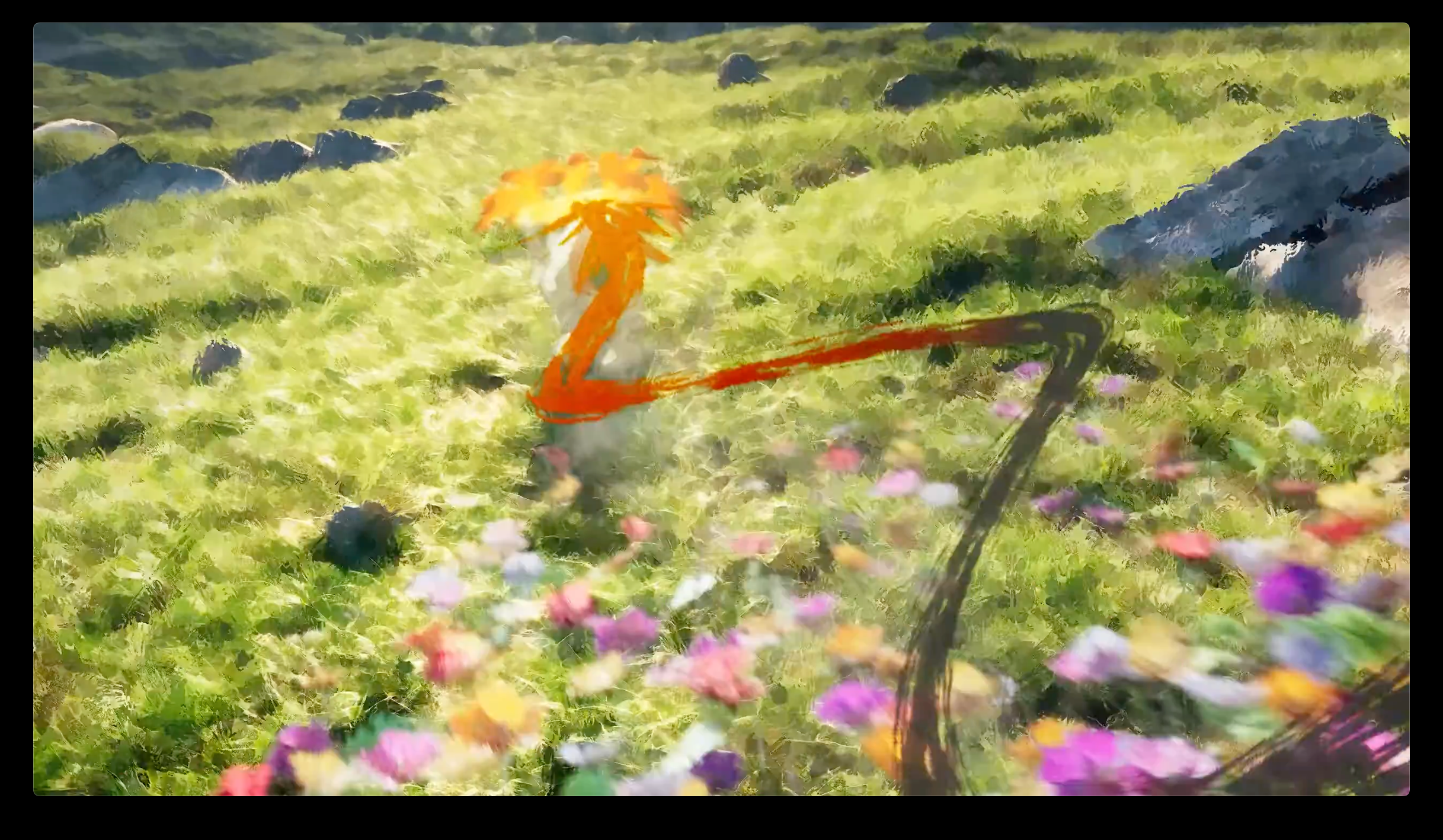
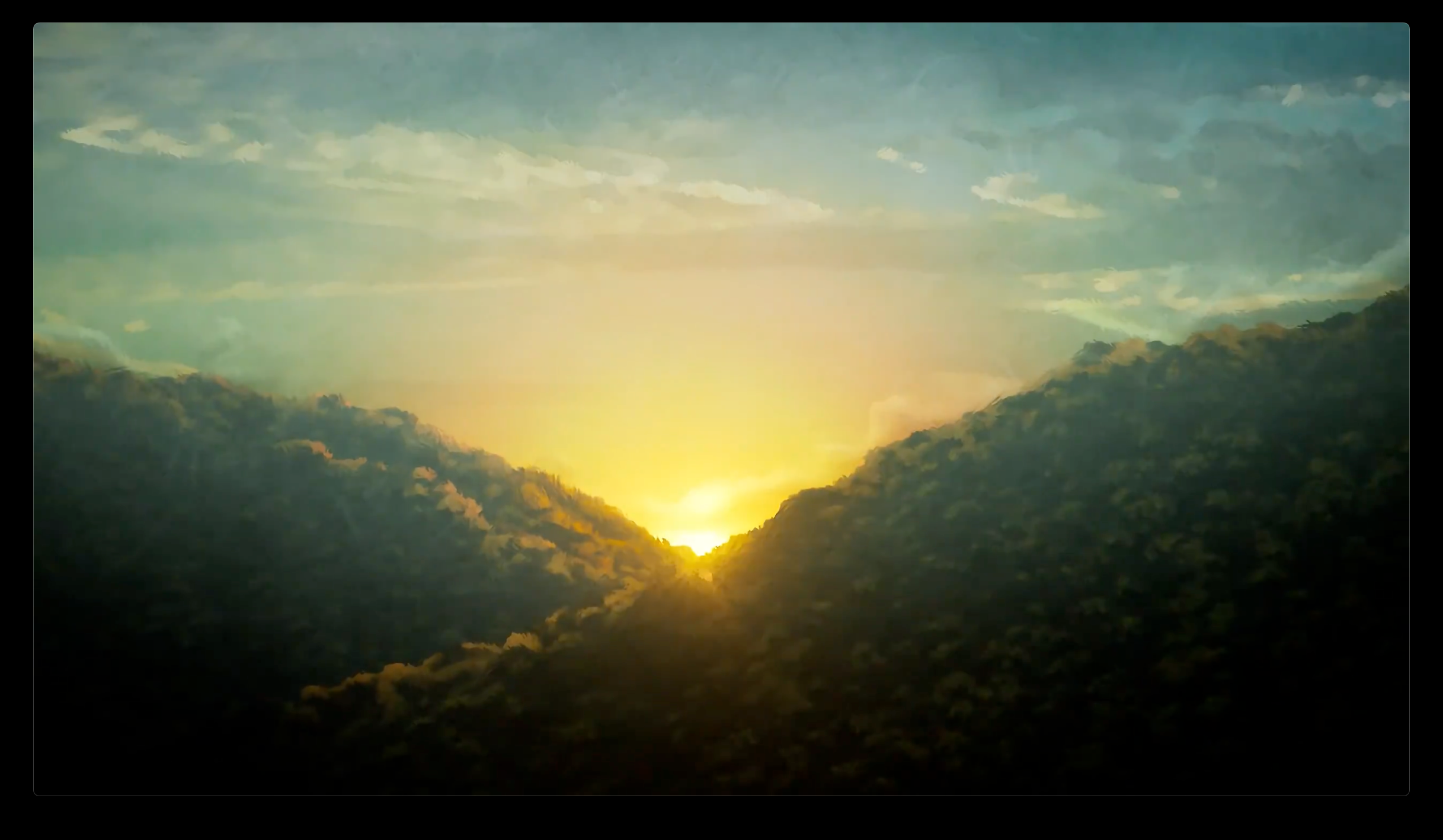
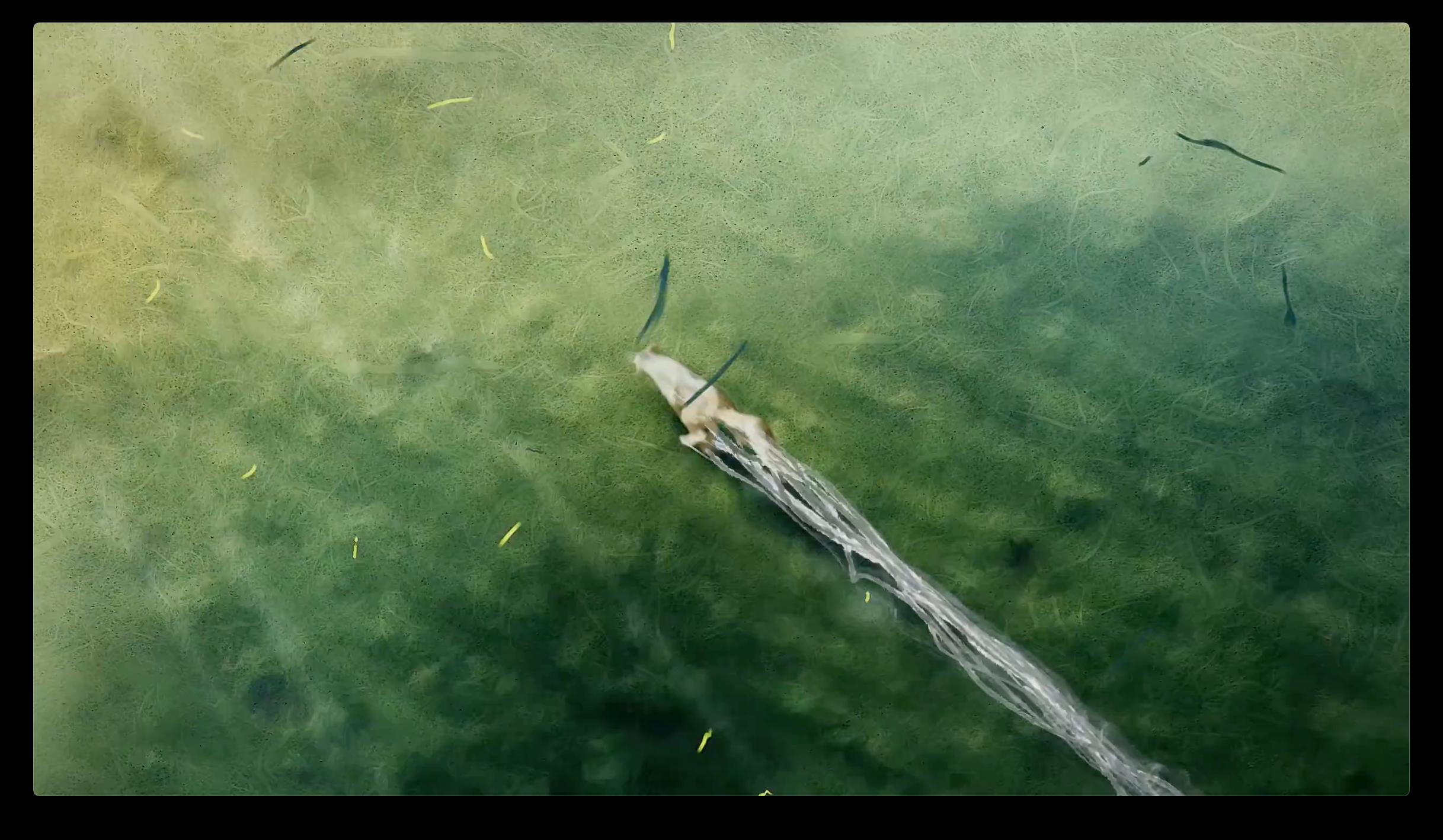
IGN: Well, speaking of new technologies, do any of you have any opinions on the Nintendo Switch 2?
Hirabayashi: We can't comment on the Nintendo Switch 2 from Capcom's side.
Kamiya: Personally, I'd love to see the Virtual Console rebooted.
IGN: I know you're not really saying much about the actual content of the sequel at this time, but I figure I'll try. Can you say anything about any big themes or ideas or stories that you feel you didn't get to tell enough in the first Ōkami that you want to explore in this sequel?
Kamiya: I have a general idea of the big theme and story in my head, which I've been developing for years. It's something I'm eager to bring to life.
Hirabayashi: This sequel is a continuation of the story from the original game.
Kamiya: We're working to meet the fans' expectations while delivering a unique experience.
IGN: You said that this is a follow-up to the story told in Ōkami. That is Amaterasu in the trailer we saw at the Game Awards, right? Can you confirm that?
Kamiya: I wonder.
Hirabayashi: Yes, it is Amaterasu.
IGN: What are your feelings about Ōkamiden? Are we going to acknowledge Ōkamiden in this?
Hirabayashi: We recognize the fans of Ōkamiden and their feedback. The sequel will continue the story from the original Ōkami.
IGN: It can be difficult going back to an older game where the controls to a modern audience may feel out of date, but then again you have fans from the original who might prefer that kind of control method. What is the general outlook on what the control system for this game might look like and what kind of play feel you want to deliver?
Kamiya: We're still in the early stages of development, but we'll consider modern gaming trends while respecting the original Ōkami's control scheme.
IGN: Am I correct in assuming that this sequel is very, very early in development?
Hirabayashi: Yes, we just started this year.
IGN: What led you to announce it so very early at the Game Awards last year?
Hirabayashi: We were excited and wanted to share that we could make this game happen.
Kamiya: The announcement turned a dream into a promise to our fans.
IGN: Do you worry that when this inevitably takes some time to make, you're going to have fans banging down your door, wondering where this game is?
Hirabayashi: We understand the fans' eagerness, but we'll work diligently to deliver a quality game without rushing the process.
Sakata: We will do our best.
Hirabayashi: We won't sacrifice quality for speed, but we'll also not delay unnecessarily.
Kamiya: We'll work hard and ask for patience as we bring this game to life.
IGN: There's a video you can view when you finish Ōkami that is, I think, a prototype of the game that you all worked on, that's Amaterasu running, and trees springing up behind her. Was that at all the inspiration for the Ōkami sequel teaser? Was there any connection?
Sakata: We didn't directly draw inspiration from that video, but the similarities reflect our commitment to the original game's vision.
Hirabayashi: The background music in the teaser was inspired by the original game, and fans recognized that connection.
Kamiya: The song was composed by the original Ōkami composer, Rei Kondoh, carrying forward the spirit of the original game.
IGN: I would love to hear an answer from each of you, but I want to know what is inspiring you right now or what you're really enjoying. What other video games are you playing, what books are you reading, movies, music, what things do you just generally enjoy right now?
Kamiya: The Takarazuka stage shows, particularly the Hana group, inspire me. The way they manage stage settings without CG or cuts between scenes is fascinating and influences my game design.
Sakata: I enjoy smaller stage performances by Gekidan Shiki. The live feeling and the actors' performances inspire me to create games that allow players to choose their experience.
Hirabayashi: I'm inspired by movies, especially the latest Gundam movie, Gundam GQuuuuuuX. The different perspectives and emotions it evokes are something I admire as a creator.
IGN: What does success for the Ōkami sequel look like to you all?
Hirabayashi: Personally, I want fans to enjoy the game beyond their expectations.
Kamiya: For me, success means creating a game that I personally enjoy and can be proud of, even if it doesn't align perfectly with fans' expectations.
Sakata: Success is when people enjoy the game, including new gamers. From Machine Head Works' perspective, success is achieving the director's vision.
IGN: I asked about the success of Ōkami, but now I want to ask about the success of your respective studios. Kamiya-san and Sakata-san are building these newer studios that have branched off of Capcom, and so 10 years from now, what would you need to feel that you were doing well, that you had accomplished your mission? Do you imagine you might someday end up back under Capcom? Do you continue this partnership or keep working on more games with them? Or do you eventually develop your own IP? What does that look like?
Sakata: In 10 years, I want Machine Head Works to continue creating games. As creators, we'll keep working, but the goal is for the company to thrive.
Kamiya: Clovers' future involves growing our team with like-minded individuals. My goal is to collaborate with people who share my vision.
All three requested the opportunity to close by delivering one final message directly to the fans:
Hirabayashi: We're working hard to realize the Ōkami sequel. It might take time, but please wait for our dream to come true.
Sakata: This project is driven by staff who love the Ōkami series. We're working to meet everyone's expectations.
Kamiya: This project is something I've wanted to create for a long time. Thank you for your cheers, which made this possible. I'm grateful for the support from Capcom and Machine Head Works. Please look forward to this project.
Hirabayashi: Your comment is a bit too perfect. Is that really you speaking now?
Kamiya: [laughing] No, no, no, really, I'm just so grateful for everyone.
Latest Articles


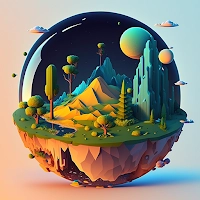
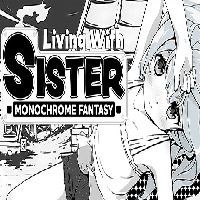





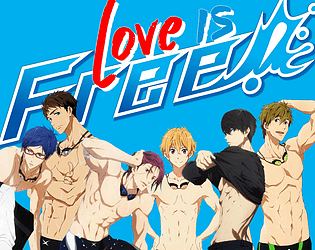

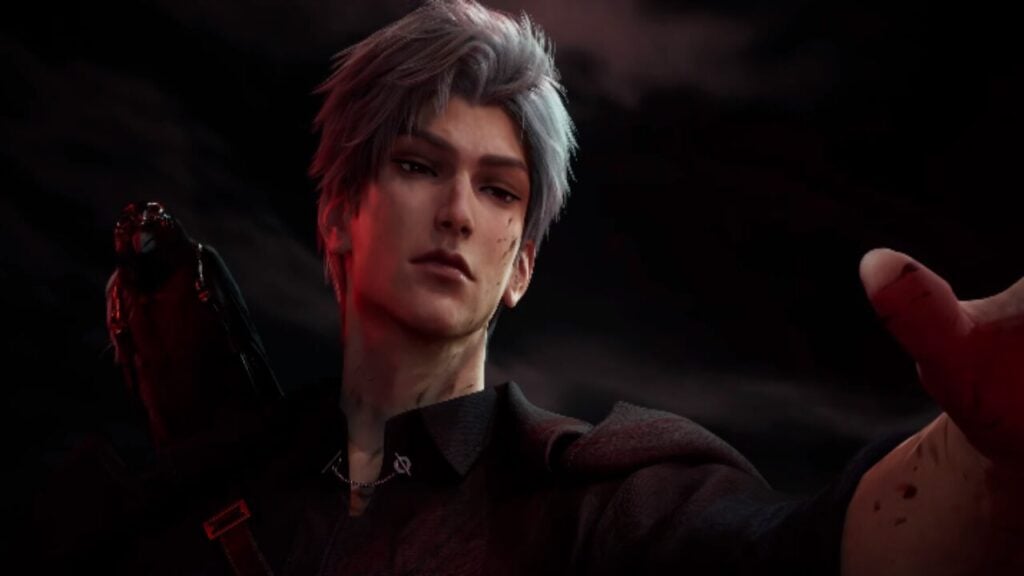
![Roblox Forsaken Characters Tier List [UPDATED] (2025)](https://images.dyk8.com/uploads/18/17380116246797f3e8a8a39.jpg)
